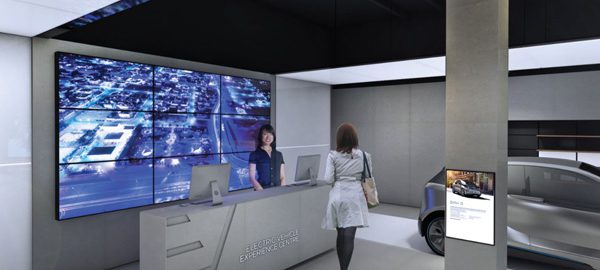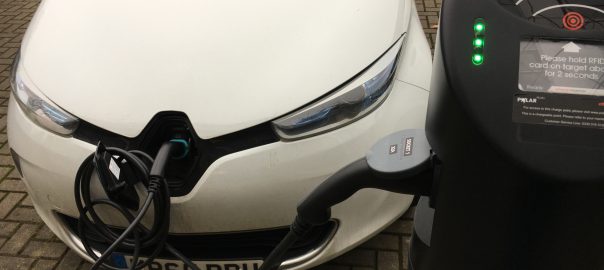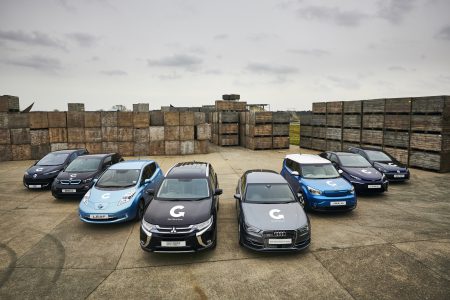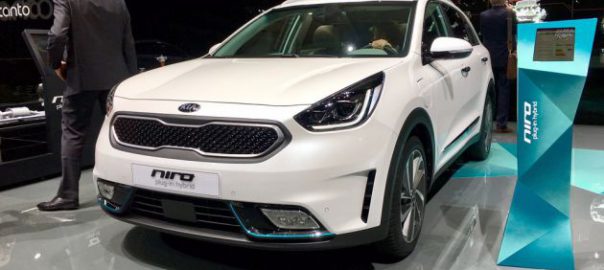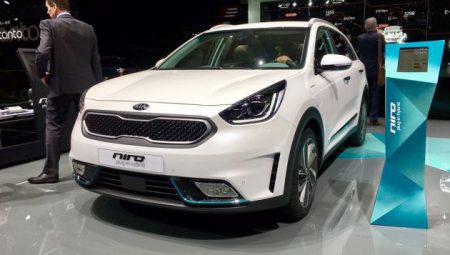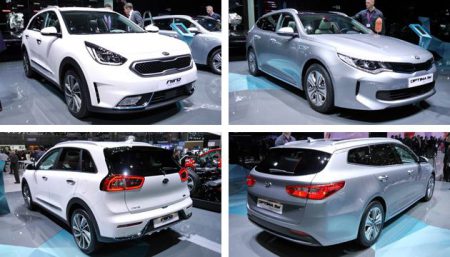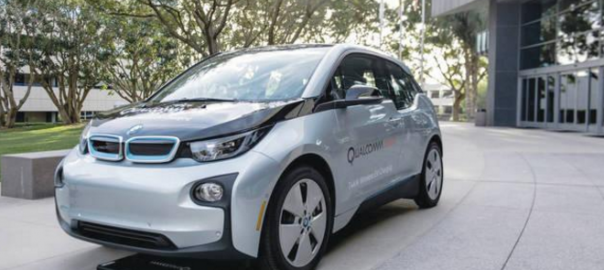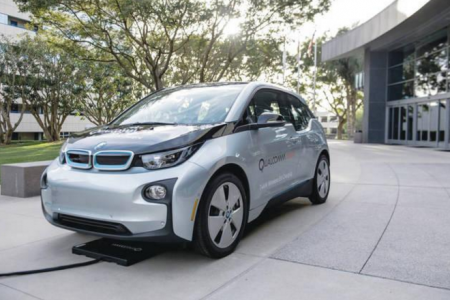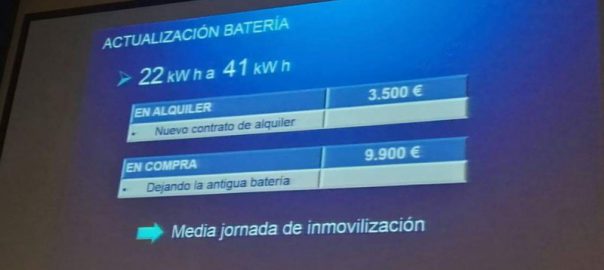TRO has been appointed to launch the UK’s first ever Electric Vehicle Experience Centre in partnership with Chargemaster.
Opening in Milton Keynes, the EV Experience Centre is aimed at educating consumers by demonstrating the value of electric vehicles.
TRO’s retail division is responsible for the design and production of the EV Experience Centre, which will feature a number of engaging technologies to enrich shoppers’ showroom experience.
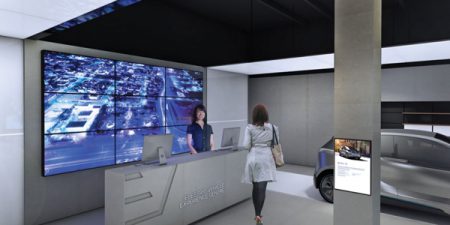
Ben Taylor, retail director at TRO, said:
“We are thrilled to be spearheading this innovative initiative in partnership with Chargemaster. The new store reflects the automotive industry landscape and the dramatic increase of consumer interest in electric cars – plug in power models are appealing not just to dedicated environmentalists but a much more mainstream audience. The project embodies several areas of TRO’s capabilities – melding our expertise in retail, automotive and digital spheres.”
Chargemaster is responsible for the running and management of the store for its five-year duration.
The EV Experience Centre is to be delivered as part of Milton Keynes’ £9 million ‘Go Ultra Low’ Cities programme, which encourages the uptake of low emission vehicles – with a target of 23 per cent of all car sales being electric or plug-in by 2021.
Source: meetpie.com
